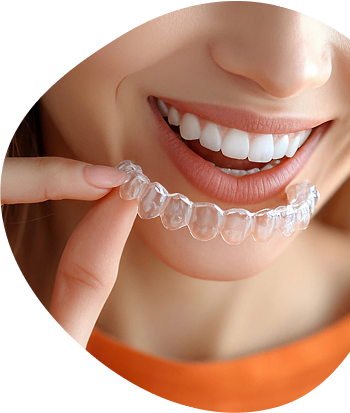A dental implant is a titanium post designed to hold a replacement tooth or bridge. The implant is surgically inserted into the jawbone so that a dentist can mount the replacement. Implants work great for people who are missing one or more teeth. Unlike dentures, an implant isn’t removed from the mouth, nor is looseness a concern.
How do Implants Work?
Implants fuse to the jawbone, providing stable support for a prosthetic. When a denture or bridge is implanted, it doesn’t slip or shift place in your mouth, a beneficial quality when talking and eating, since it secures dentures and bridges. Many people dislike dentures due to discomfort and sometimes, sore spots, gagging, and poor ridges. Others cannot use bridges or dentures because there are no adjacent teeth to hold the prosthesis in place.
Who is Eligible for Dental Implants?
Healthy gums and adequate bone structure are two important dental implants requirements. You must maintain dental implants as you would care for your real teeth. Without proper care, the dental implant’s long-term success is dramatically impacted. Cost of implants is also a concern since they’re more expensive than other tooth restoration methods. Most insurance providers do not pay for dental implants costs. Those who do pay usually pay less than 10% of the total costs.
Types of Dental Implants
The American Dental Association suggests two types of implants for restorative dental needs. Those two types are:
- Endosteal Implants: This implant is surgically implanted into the jawbone. A second surgery is needed after the surrounding tissue heals, this one to connect the post to the implant. Once this is done, the tooth is attached to the post and inserted into the mouth.
- Subperiosteal Implants: This implant consists of a metal frame that is attached to the jawbone underneath the gum tissue. Once the gum heals, the frame attaches itself to the jawbone, and the prosthetic tooth is then attached. The post protrudes through the gum using the subperiosteal implant.
Approximately 98% of all dental implant procedures are successful. Take care of your implants as you would natural teeth and follow all care orders once the procedure is complete to improve the success rate of your implants further. Contact us today to schedule an appointment for your dental implants in Colorado Springs.










.png)


